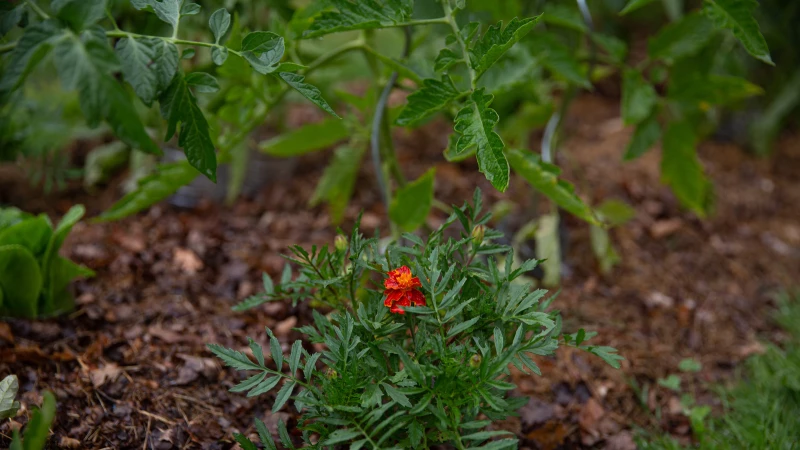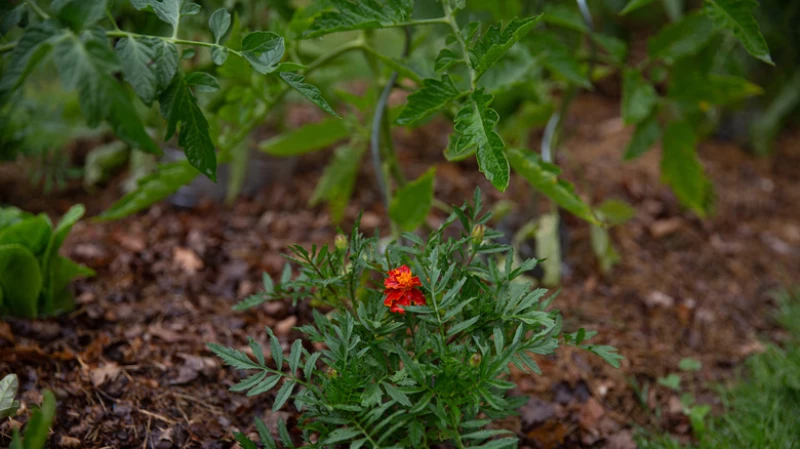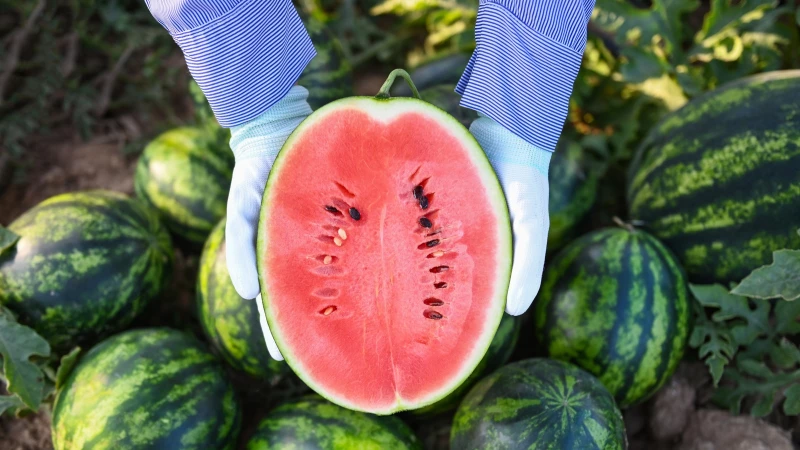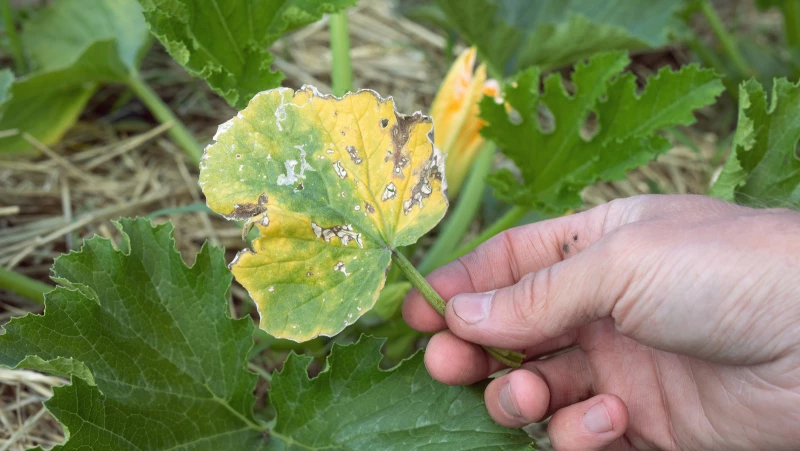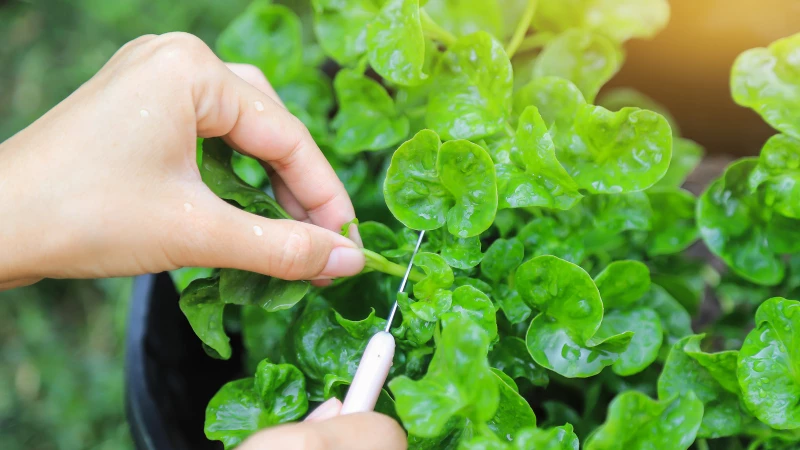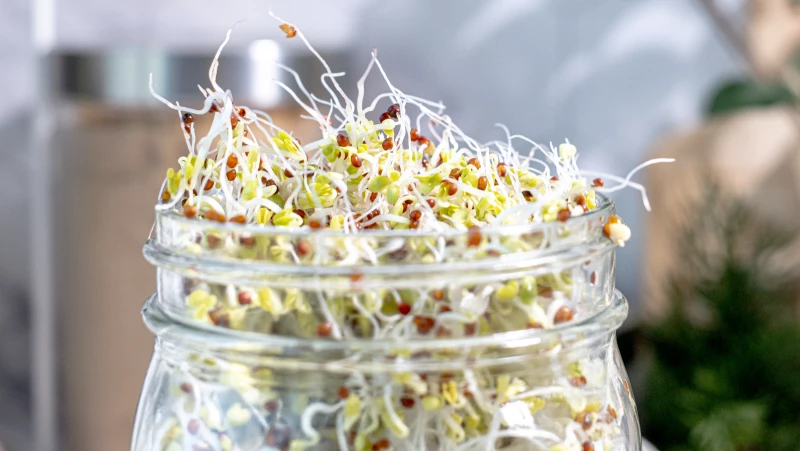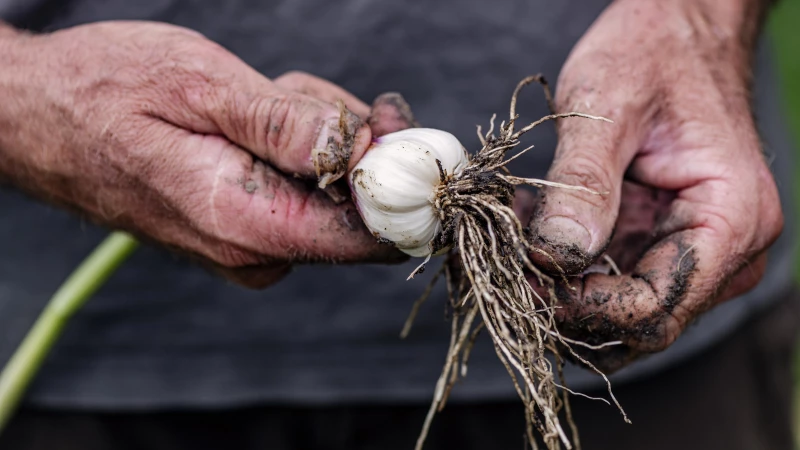If you're a backyard gardener looking to maximize your tomato plant yield, you may not need to rely on synthetic chemicals. Consider the humble marigold instead. With its vibrant blooms and various benefits, marigolds can be a great companion plant for tomatoes. They can enhance pollination, act as a trap crop, deter unwanted animals, keep bugs away from your tomatoes, and ward off nematodes. Marigolds and tomato plants thrive in similar conditions, enjoying full sun and well-drained soil. This harmonious relationship in the garden can lead to a bountiful harvest and peaceful coexistence.
Tomato plants, although self-sufficient in pollination, sometimes need a little help to ensure a bountiful harvest. This is where intercropping with marigolds comes into play. On days when the weather is less than ideal for natural pollination, marigold flowers act as beacons for a variety of pollinators, such as bees and butterflies, attracting them to your garden and increasing the chances of successful pollination. By deadheading the marigolds regularly to encourage continuous flowering, you can ensure a steady flow of pollinators to benefit your tomato plants.
How marigolds keep pests away
Marigolds offer a range of benefits in the garden, including natural pest control for tomato plants. With their strong aroma, these flowers help deter rabbits and deer, while also attracting beneficial insects like parasitic wasps and ladybugs, which can help keep stink bugs away from your tomatoes. A 2007 study in the International Journal of Agricultural Research supports the use of marigolds as trap crops to protect tomatoes from harmful insects.
In addition, a 2019 study in Biology Open reveals that marigolds release a natural chemical called alpha-terthienyl that targets root-knot nematodes, providing a natural defense against these soil-dwelling pests without the need for chemical treatments. Maintaining marigolds throughout the tomato plant's growth cycle is essential to benefit from their protective properties.
When deciding to use marigolds as a protective barrier or companion plants for tomatoes, it's important to consider their spatial needs. Smaller marigold varieties can be planted alongside tomato plants without any issues, but larger marigolds require more space to prevent competition for nutrients. You have the option to interplant marigolds and tomatoes in the same container or allow them to thrive in separate pots, as long as they share the same soil for nematode management.

